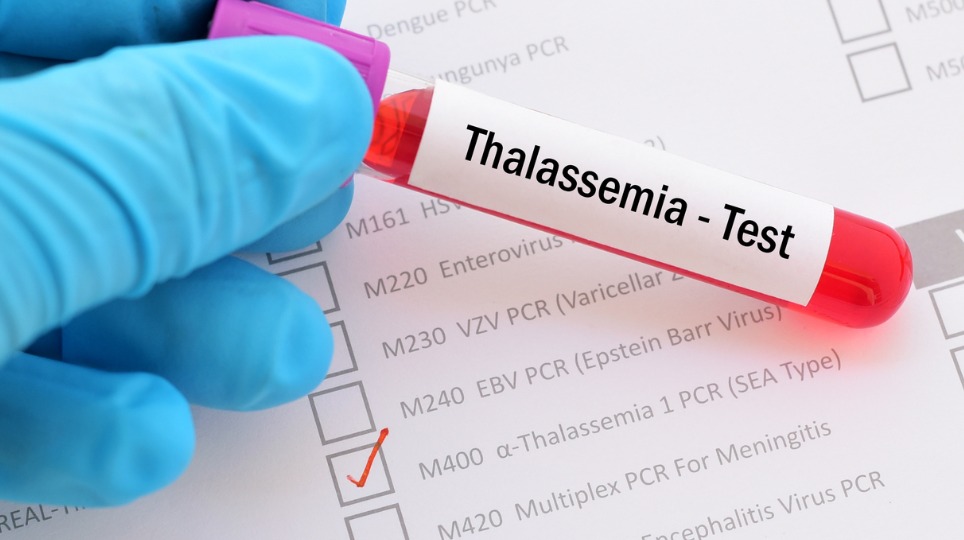
Thalassemia (or Mediterranean Anaemia) is the most common monogenesis disorder affecting human beings across the world. This debilitating sickness, characterized by the peculiar production of hemoglobin within the frame, is a silent killer. Annually, almost 70,000 babies international are born with Thalassemia Major, out of which around 10 thousand are born in India.
Advertising
The tragedy is that the maximum of those kids succumbs to cardiac complications at an early age. The heartbreak suffered by using their families is every other tale of agony. Added to this is the sizable monetary burden at the families as conventional remedy together with lifestyles-long bloodmobile transfusion, iron chelation therapy, or splenectomy (the surgical operation to get rid of the spleen) are hugely luxurious.
To save you the above, Dr. Rahul Bhargava, director, blood disease clinic, and bone marrow transplant at Fortis Memorial Research Institute, Gurugram, says it’s crucial to understand thalassemia and its management through being pregnant. On World Thalassemia Day on May eight, which’s located every 12 months, to create awareness approximately the circumstance and commemorate sufferers and their mother and father, he indicates some methods to control the situation.

*To store each mom and baby with thalassemia, a mixed remedy and prevention application for the duration of being pregnant is imperative. In recent years, the effort has moved beyond palliative management of the sickness to tackle the genetic disorder concerned in its pathogenesis or the way of developing the disease.
*As the first step, preconception genetic counseling of both parents is strongly recommended and needs to be accomplished as a usual coverage for all sufferers, without or with thalassemia. If this counseling is avoided, there may be an appreciably heightened chance of maternal complications inclusive of cardiac failure, viral infection, thrombosis, diabetes mellitus, hypothyroidism, or endocrinopathies.
In case the parents haven’t any records of thalassemia, there is no reason for fear. However, if one discerns is Thalassemia Major and the other Thalassemia Minor, or each is Thalassemia Major, the chance of the fetus having thalassemia is excessive. Once the chance of thalassemia within the fetus is derived, precautionary measures are taken.*Further, assessments conducted on each dad and mom will assist in identifying and dealing with thalassemia successfully.
*Pre-pregnancy: Adequate management of iron overload is classified. Cardiac pressure, echocardiogram, and Holter monitoring (recording the coronary heart’s hobby) are completed on an everyday foundation together with assessment of endocrine, bone, and liver function. Appropriate vaccinations are given for maternal and fetal nicely-being. Proper screening for red blood mobile antibodies is required, and folic acid is a need too.
In the case of high-risk mothers and fathers, the invasive prenatal prognosis is the way ahead. This must be observed through a near control and monitoring of maternal and fetal condition for the duration of being pregnant, in consultation with the obstetrician, hematologist, heart specialist, and different, worried specialists.
More Explained
Blood transfusion for pregnant sufferers, primarily based on the fetal boom, maternal trend and cardiac reputation, and general hemoglobin stage, is done. Patients with a history of recurrent abortions or extended chance of thromboembolic occasions (where clots may also increase within the mind, lungs, or kidneys) can be taken into consideration for stroke prevention or anticoagulant therapy for the duration of being pregnant. Prophylactic dose anticoagulant therapy is also vital. Thalassemia-free India is a genuine opportunity. To reap it, targeted, backward making plans and focus generation is the need of the hour.







